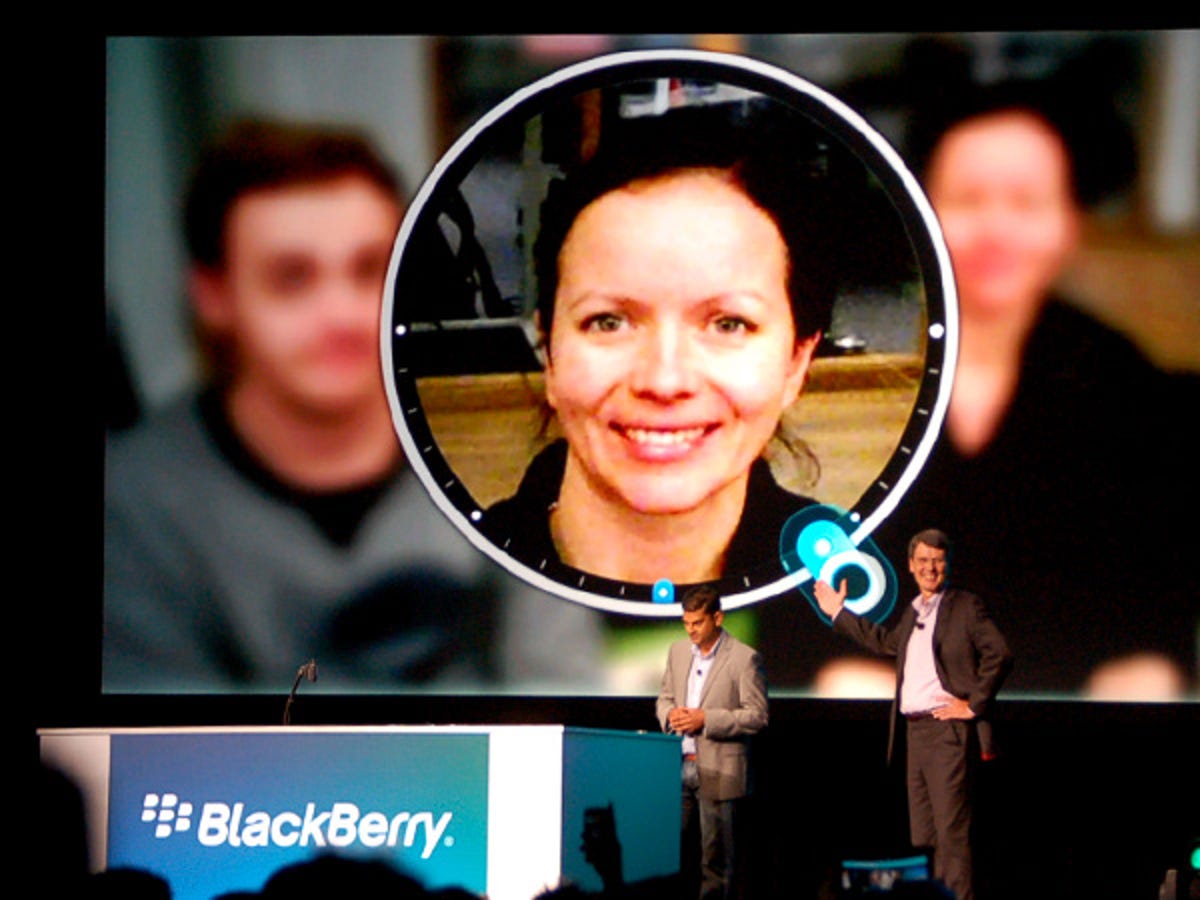RIM headlines these days speak doom and gloom, but at least some developers see a brighter future.
According to the handful of devoted BlackBerry developers I spoke with at today’s BlackBerry Jam 10 world tour event in Santa Clara, Calif., RIM proved at the BlackBerry 10 Jam in Orlando last May that the beleaguered smartphone-maker finally “gets it,” and is prepared to give developers the tools they’re asking for to create apps for the QNX-based BlackBerry 10 platform.
The press didn’t realize the interesting stuff that was really happening, these software authors maintained, since RIM shut the press out of the developer-only sessions, held at a separate hotel. CNET’s Brian Bennett repeatedly asked to attend; RIM stood firm.
Related stories
- BlackBerry Dev Alpha phone hands-on
- BlackBerry 10’s bold new features
- RIM — the beginning of the end?
- RIM posts Q1 operating losses
- Did RIM kill an idea to license BBM?
Developers felt a palpable air of energy during the BlackBerry World keynote that continued into the Jam sessions, they said.
The sessions were the first time that RIM also handed out pre-release devices to “bona fide” developers for the purpose of testing their apps before RIM releases a phone or tablet, not after. Previously, pre-production devices were limited to Alliance partners.
The BlackBerry 10 Dev Alpha handsets are the same devices that RIM uses for internal testing, RIM repeated at today’s summit.
While the dev devices are solidly alpha ahndsets, the large-screen handsets impress RIM’s developers, particularly the smooth scrolling and high resolution screens. With a 768×1280 pixel resolution on a larger-than-4-inch screen (about 350 ppi), the Dev Alpha’s screen “puts the Retina Display to shame,” one developer told me.
“Truly” developer friendly
Although the device capabilities are a key component, the application developers I spoke with prize RIM’s proactive courting as well.


Joseph Hanlon/CNET Australia
They spoke of RIM’s outreach team taking time to actually address their woes. “They’re developing the whole operating system based on our needs with our input,” one developer, Matt Lewandowsky, told me. “[BlackBerry 10] could be the first mobile operating system that’s truly developer-friendly.”
That’s certainly the case when it comes to the choices for writing apps — HTML 5, C/C++ Native, C++/Qt with Cascades, Adobe Air, and Android Java. The developers I spoke with said that peers in their community have complained of RIM dropping its legacy Java compatibility, but those grumbles quieted at the recent Jam session last month.
BlackBerry isn’t dead
While CNET and other outlets report on plummeting earnings and declining worldwide sales, this group of developers maintains that BlackBerry 10 holds immense potential for developers and users.
RIM is in a lag time between two major OS releases, one developer reminded me. Considering that they aren’t selling a lot of handsets right now because customers are waiting for BlackBerry 10 devices, RIM is doing pretty well. Or so goes the argument.
“When my [global] company looks at user data, we want to laugh at people who ignore BlackBerry,” another developer said after requesting anonymity.


RIM
“All the energy is what’s coming, not what’s out there now,” said Lewandowsky.
This is the same guy who thinks it pointless to upgrade to a BlackBerry 7 device and brought an old-school Windows Mobile smartphone to the event alongside his BlackBerry PlayBook because he prefers the smartphone’s wide landscape-mode keyboard.
From the app-writers’ perspective, BlackBerry 10 can succeed where the transitional PlayBook OS failed because RIM has worked out a focused development path, a “cohesive vision.”
While at least some outspoken developers enthusiastically support BackBerry 10, they’re still critically aware of which technical details work and which don’t.
“I’m still waiting to see a quality WebWorks app,” one developer casually noted. “You know what,” said another. “Me too.”



